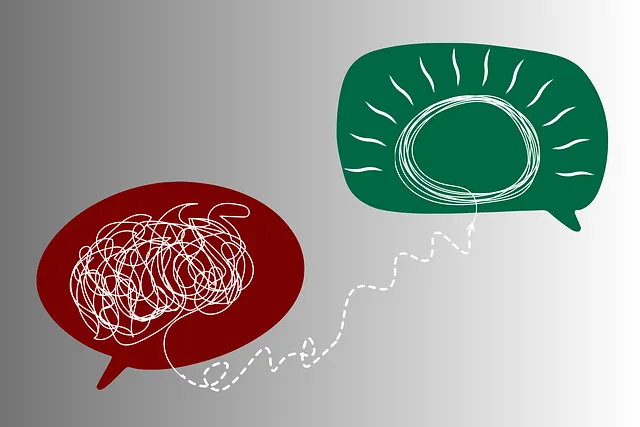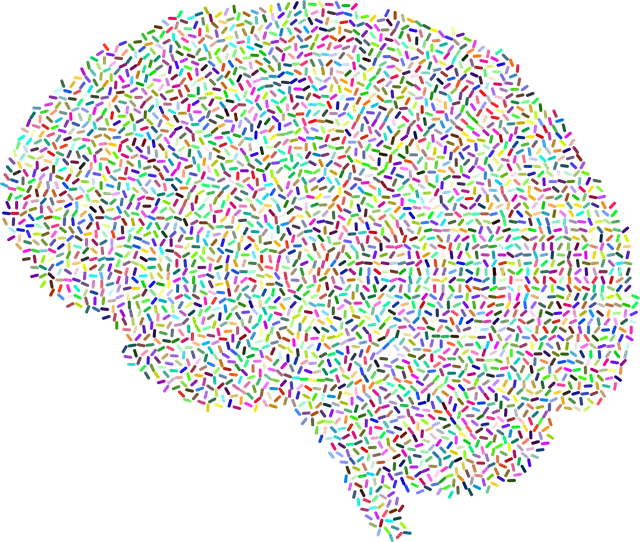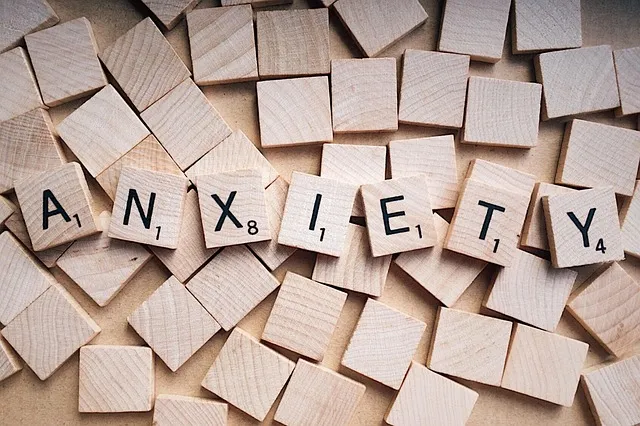Northglenn Kaiser Permanente mental health facility focuses on holistic treatment for mental illness and addiction. They address self-medication triggers through tailored therapies, support groups, and stress reduction techniques. Their evidence-based approach includes mindfulness meditation, compassion cultivation, and community outreach programs. The facility empowers individuals to manage their mental health, reduce stigma, and build supportive communities, ultimately preventing and mitigating substance abuse risks in Northglenn.
At Northglenn Kaiser Permanente, we’re dedicated to addressing substance abuse risks head-on. Our comprehensive approach to mental health includes tailored risk reduction strategies designed to prevent and mitigate substance abuse within our community. This article explores key components of our program, from understanding the unique risks faced by Northglenn residents to implementing evidence-based therapies and fostering strong community support networks. By harnessing these strategies, we aim to empower individuals and families with the tools they need for long-term recovery and well-being at our leading mental health facility.
- Understanding Substance Abuse Risks at Northglenn Kaiser Permanente
- Creating Safe Spaces for Prevention and Early Intervention
- Evidence-Based Therapies for Effective Treatment and Recovery
- Community Support Networks: Strengthening Resilience Against Abuse
Understanding Substance Abuse Risks at Northglenn Kaiser Permanente

At Northglenn Kaiser Permanente, understanding the risks associated with substance abuse is a cornerstone of their comprehensive mental health services. The facility recognizes that addressing substance misuse requires a nuanced approach, considering the intricate relationship between mental health and addiction. Many individuals struggling with mental illnesses like depression, anxiety, or bipolar disorder may turn to substances as a means of self-medication, inadvertently escalating their challenges. Northglenn Kaiser Permanente’s mental health experts are trained to identify these co-occurring disorders and offer tailored treatments.
Through various programs and support groups, the facility aims to boost confidence in individuals’ ability to manage their mental health effectively while promoting stress reduction methods. They also contribute to Mental Illness Stigma Reduction Efforts by fostering an environment of understanding and empathy. By combining evidence-based practices with a compassionate approach, Northglenn Kaiser Permanente guides patients on their journey towards recovery, helping them overcome substance abuse risks and achieve long-lasting well-being.
Creating Safe Spaces for Prevention and Early Intervention

Creating safe spaces is a powerful strategy to prevent and address substance abuse, especially in communities like Northglenn where access to mental health facilities, such as Kaiser Permanente, can make a significant difference. These safe spaces serve as environments conducive to open discussions about mental well-being and potential risks associated with substance misuse. By incorporating self-awareness exercises and mental health education programs designed for resilience building, individuals can gain valuable insights into their emotions and triggers, fostering better decision-making skills.
Early intervention is crucial in preventing substance abuse from escalating. The Northglenn Kaiser Permanente mental health facility plays a pivotal role in this regard by offering platforms for peer support groups, workshops, and counseling sessions tailored to at-risk individuals. These initiatives promote self-reflection, encourage healthy coping mechanisms, and provide a network of support, ultimately reducing the likelihood of substance abuse becoming a persistent issue within the community.
Evidence-Based Therapies for Effective Treatment and Recovery

Evidence-based therapies play a pivotal role in treating and preventing substance abuse at Northglenn Kaiser Permanente mental health facility. One such effective approach is Mindfulness Meditation, which helps individuals cultivate present-moment awareness, enhancing their ability to manage cravings and emotions without resorting to substances. This practice has been shown to reduce relapse rates significantly, making it an integral part of many recovery programs.
Additionally, Compassion Cultivation Practices have gained prominence in substance abuse treatment. These practices encourage self-compassion and empathy towards others, fostering a supportive environment for healing. By incorporating techniques like loving-kindness meditation, individuals can develop a deeper sense of understanding and forgiveness, crucial for overcoming the challenges associated with addiction. Community Outreach Program Implementation is another strategy that Northglenn Kaiser Permanente mental health facility leverages to extend support beyond individual therapy. These programs connect people to their communities, offering social connections and opportunities for healthy coping mechanisms, further reducing the risk of substance abuse and promoting long-term recovery.
Community Support Networks: Strengthening Resilience Against Abuse

Community Support Networks play a pivotal role in mitigating risks associated with substance abuse. In cities like Northglenn where facilities like Kaiser Permanente’s mental health services are accessible, building strong support networks is essential for long-term recovery. These networks provide individuals struggling with addiction a sense of belonging and purpose, which can significantly reduce the chances of relapse.
Emotional healing processes are at the heart of these support systems. Through peer groups, counseling sessions, and community events, individuals in recovery find understanding and encouragement. The Northglenn Kaiser Permanente mental health facility, for instance, could collaborate with local organizations to offer workshops, support groups, or even a Mental Wellness Podcast Series Production to educate and engage the community. Such initiatives foster mental wellness by promoting open dialogue about addiction, reducing stigma, and providing resources for those seeking help.
Substance abuse is a complex issue, but with a multi-faceted approach, recovery is achievable. By implementing evidence-based strategies at the individual, community, and institutional levels, such as those employed by the Northglenn Kaiser Permanente mental health facility, we can create safe spaces for prevention and early intervention. Integrating effective therapies, building supportive networks, and fostering understanding of substance abuse risks are key to reducing harm and enhancing long-term recovery.






